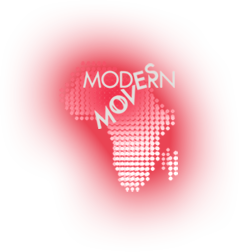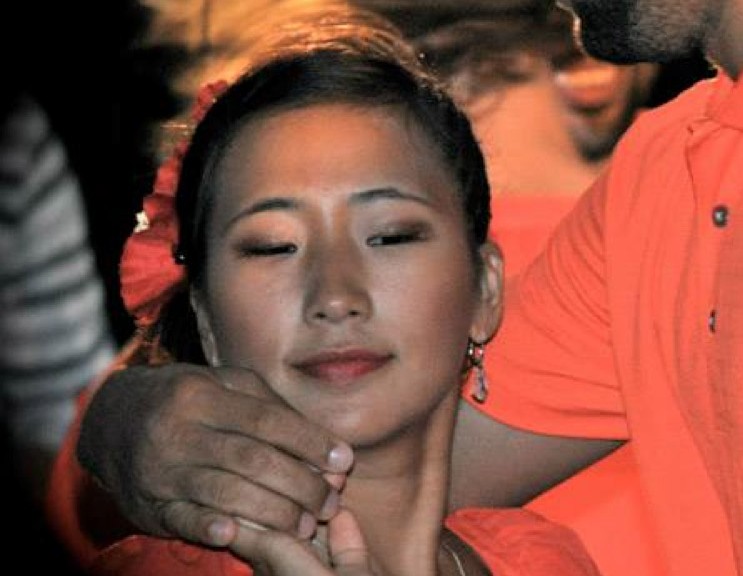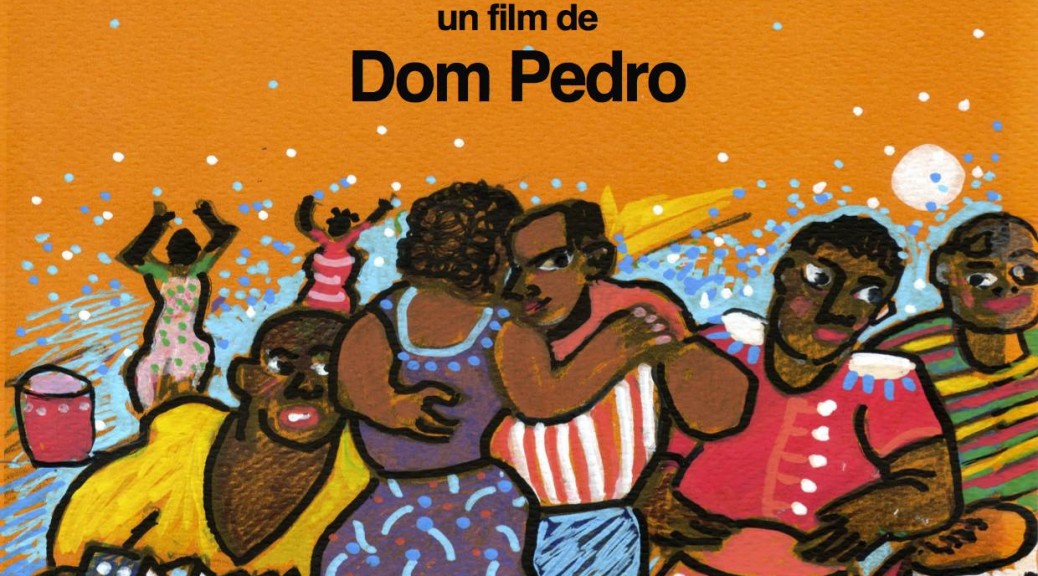MK, currently a PhD student in social anthropology at the University of Manchester, danced for the first time in her life during her sophomore year. She finished her BA with a minor in contemporary dance as the first student starting out with a non-dance major to graduate with a dance degree in her university, and continued to pursue contemporary dance in NYC. An accident led her to cancel her first contemporary dance performance and also led to a long break from dancing for the recovery. Subsequently, however, she was exposed to salsa dancing in Buffalo, NY. She fell in love with the dance and started to dance five-six days a week. She continued dancing after moving to the UK for her PhD in social anthropology at the University of Manchester. Here, she did a small project on Manchester’s salsa club ‘Copacabana’ (where she first met Ananya) by looking at salsa as a cultural commodity and a way to build fleeting relationships in a cosmopolitan city. She then helped to start the biggest salsa night in Manchester at Revolución de Cuba with DJ Lubi Jovanovic and Salsa Cabana.
During 2013-14, MK moved to Buffalo, NY for her PhD fieldwork, and has performed at several Latin American cultural events. She has been teaching salsa with her dance partner Jason E. Robinson at Buffalo’s Latin American cultural centre, ‘El Buen Amigo’. Dance has taught her the way to stand on her own, shine as a person, interact with others, care for others, listen to others, speak up and get stronger every day. Her goal now is to give everything she earned through dancing back in return to the community, especially new dancers- to help create a world where anybody can be whoever they truly want to be by stretching the boundaries and norms of the dance floor.
Using anthropological research methodology off and on the dance floor, MK is focusing on aspects of self-representation, human interaction, and gender dynamics in Latin dance, working closely with Modern Moves Advisory Board member Magna Gopal, her inspiration on her entire salsa journey. This research will enable us understand the gender norms, expectations and boundaries in Latin dance, and the way in which we build relationships through dance physically and kinaesthetically. Her Korean background as an outsider and Latin dancer as an insider enable her to unfold the dynamic between Latino identity and salsa dance’s transnational and performative development. The work will contribute not only academically but also in providing a platform for dancers to take dance as a self-presentation form, outside objectified understanding of being a ‘good dancer’.




